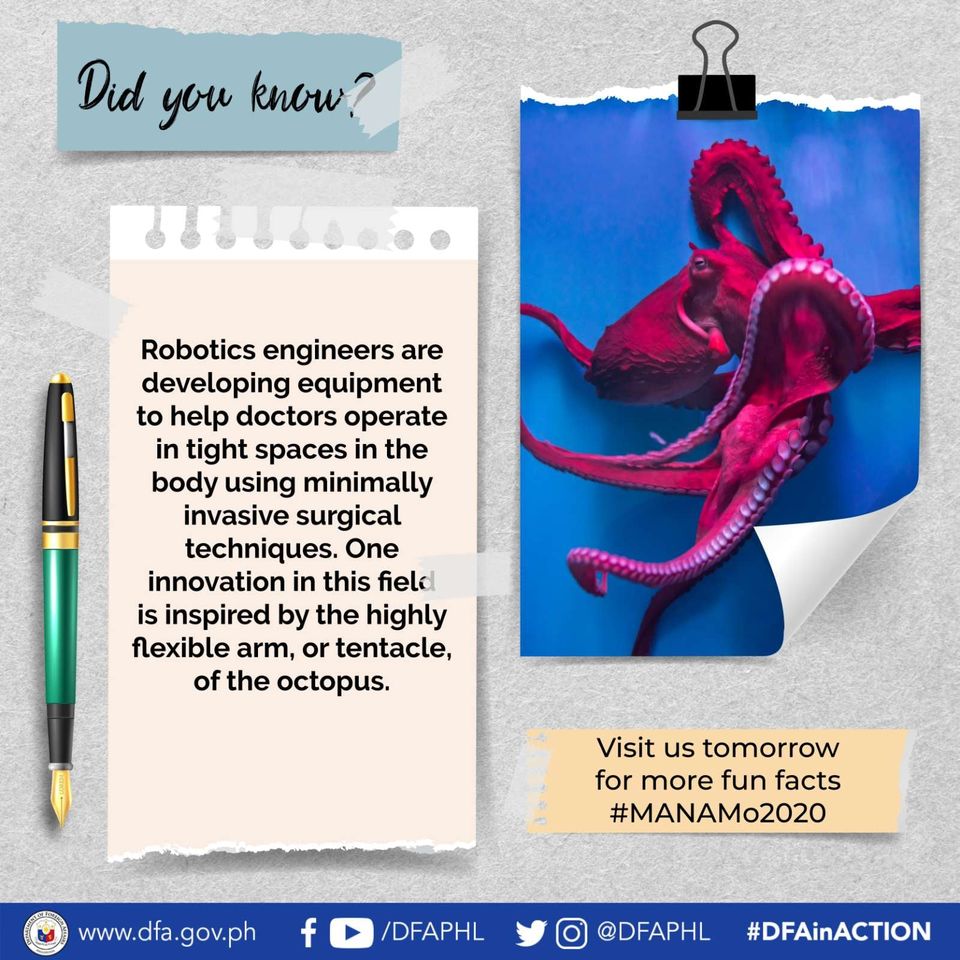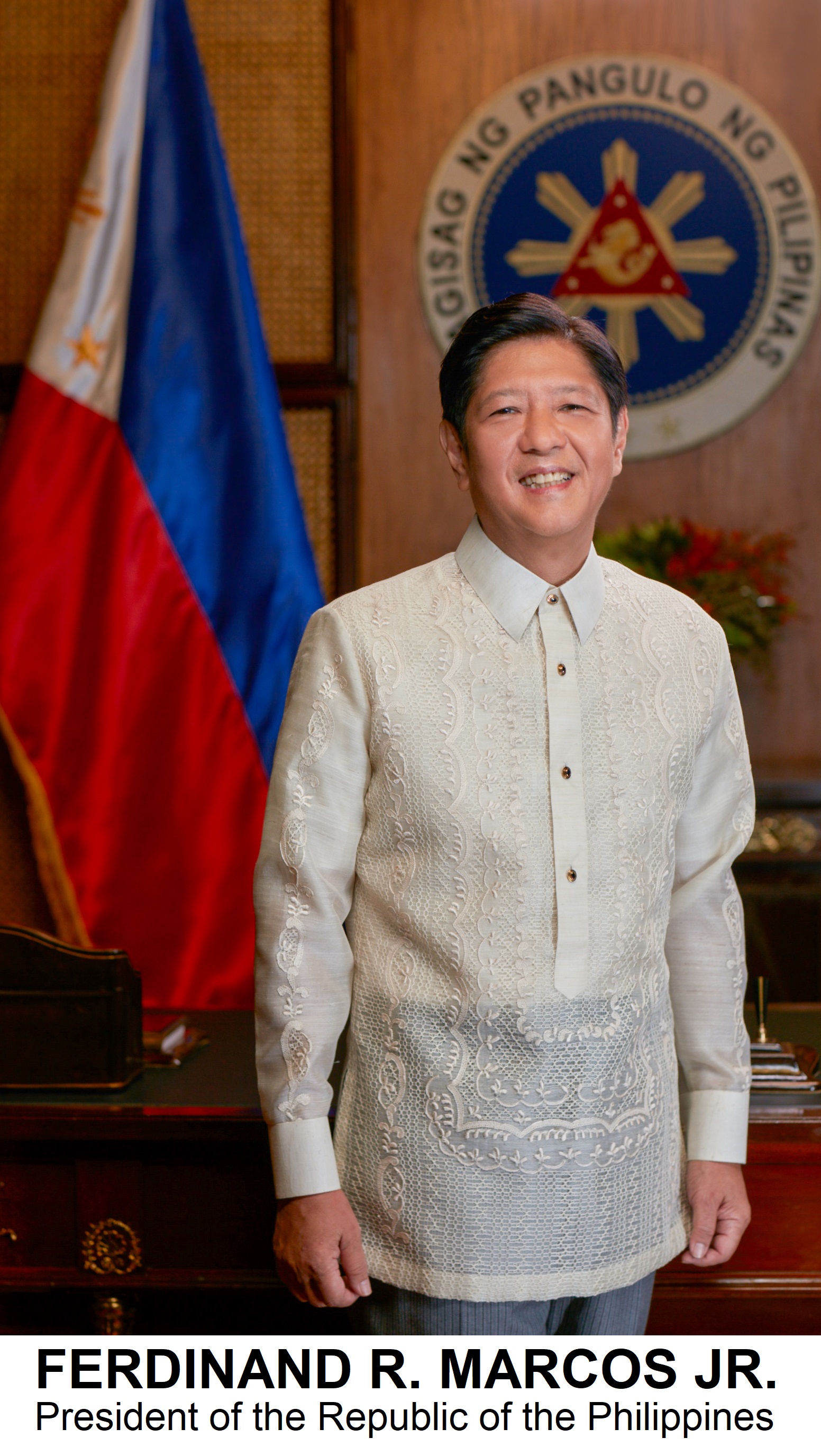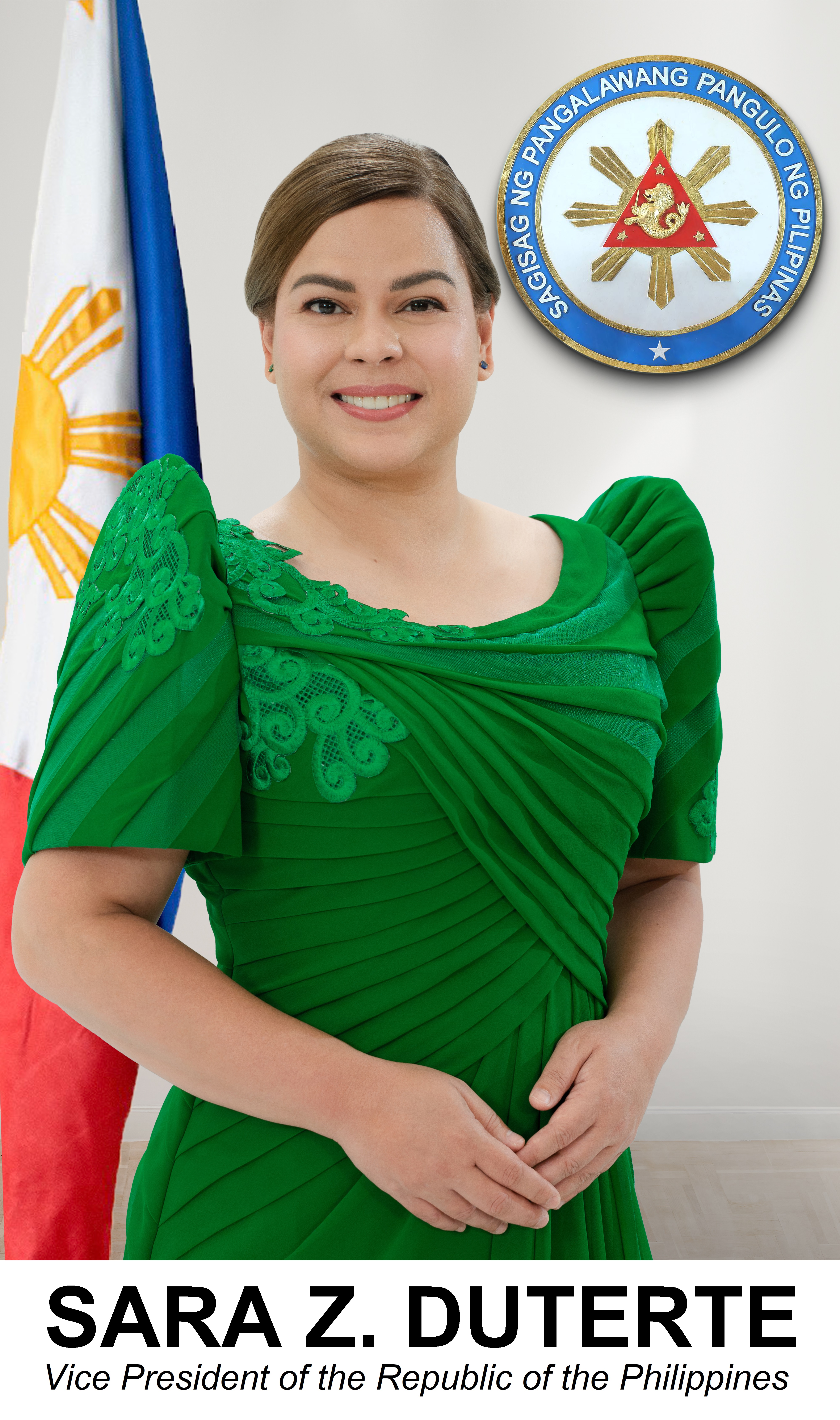An island province born with fire because it has 7 volcanoes. Where in the Philippines is this?
- Camiguin
Volcanic eruptions and land movements have created this spectacular island which is full of natural wonders and historical riches...The island is also listed as among the Top 10 dive spots worldwide.
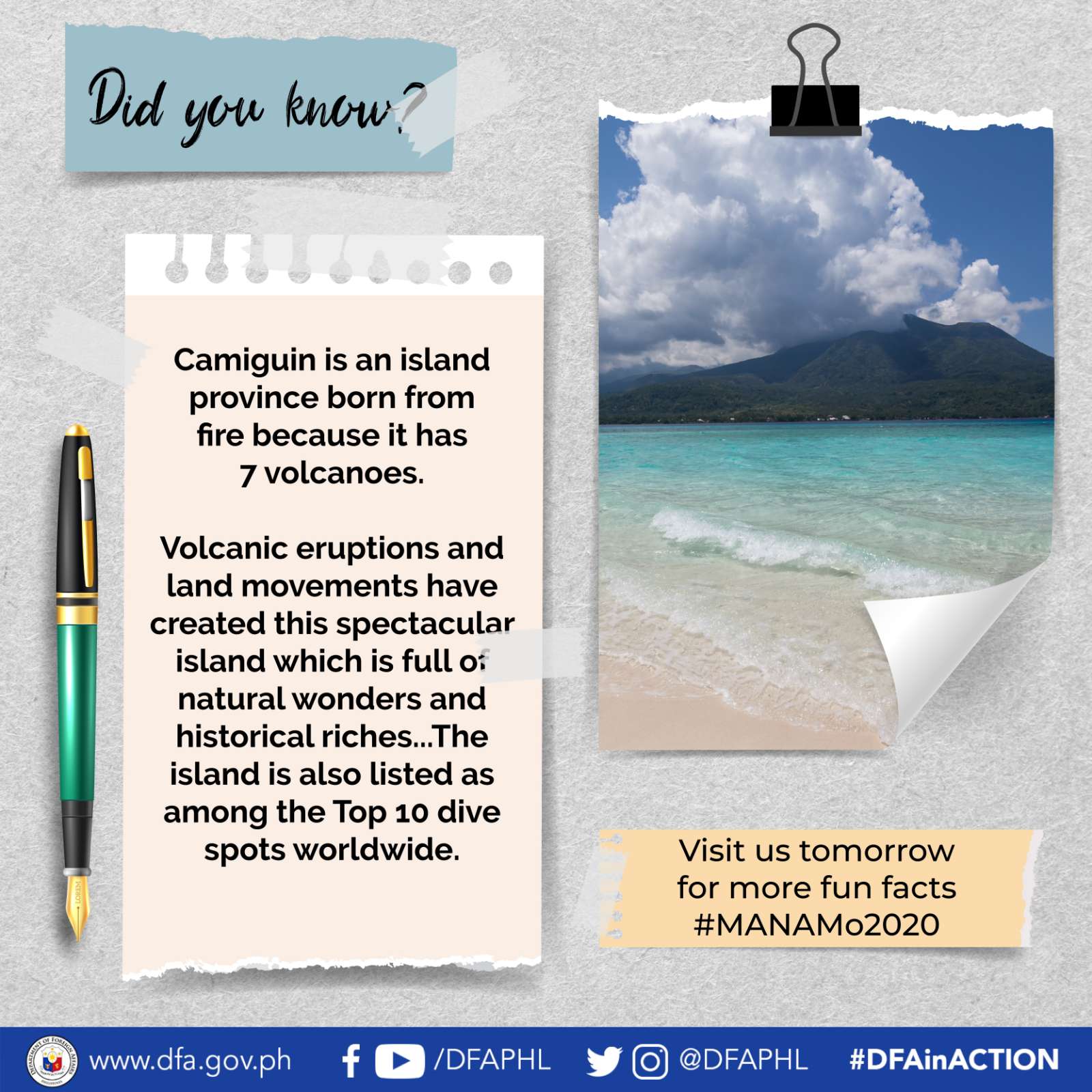
What country is also known as the global center of marine biodiversity?
- Philippines
Covering a major portion of the Coral Triangle, with more than 16800 sq km of coral reef, the Philippines are a global center for marine biodiversity. Its central region, from Luzon to Mindanao, has more marine species per unit area than any other place on the planet. It is home to a unique plethora of seagrass, invertebrates, seaweeds, and marine mammals.
Marine biologists call the Philippine Sea ‘center of the center’ of aquatic biodiversity. However, with ongoing decimation, marine biodiversity in the Philippines is facing a bleak future.
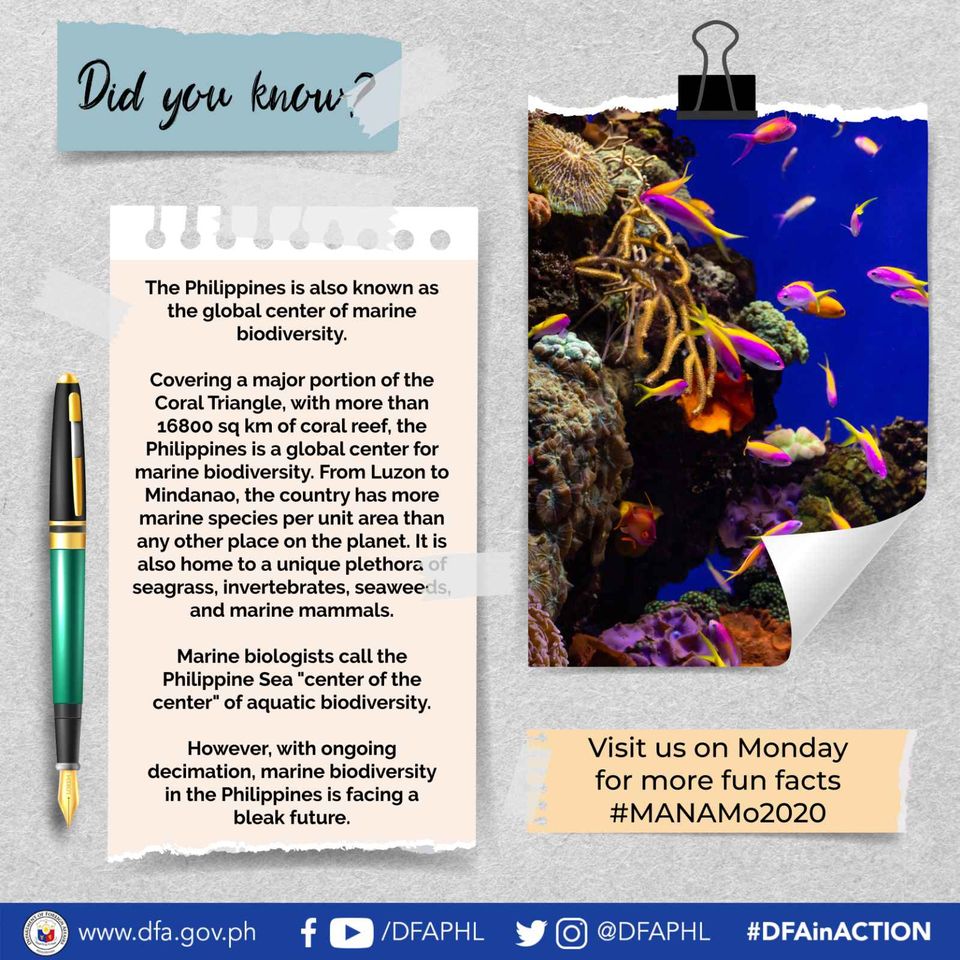
Did you know the largest lake in the Philippine archipelago?
- Laguna de Bay
The largest lake in the archipelago, with an area of 356 square miles (922 square km), is Laguna de Bay, on the island of Luzon.
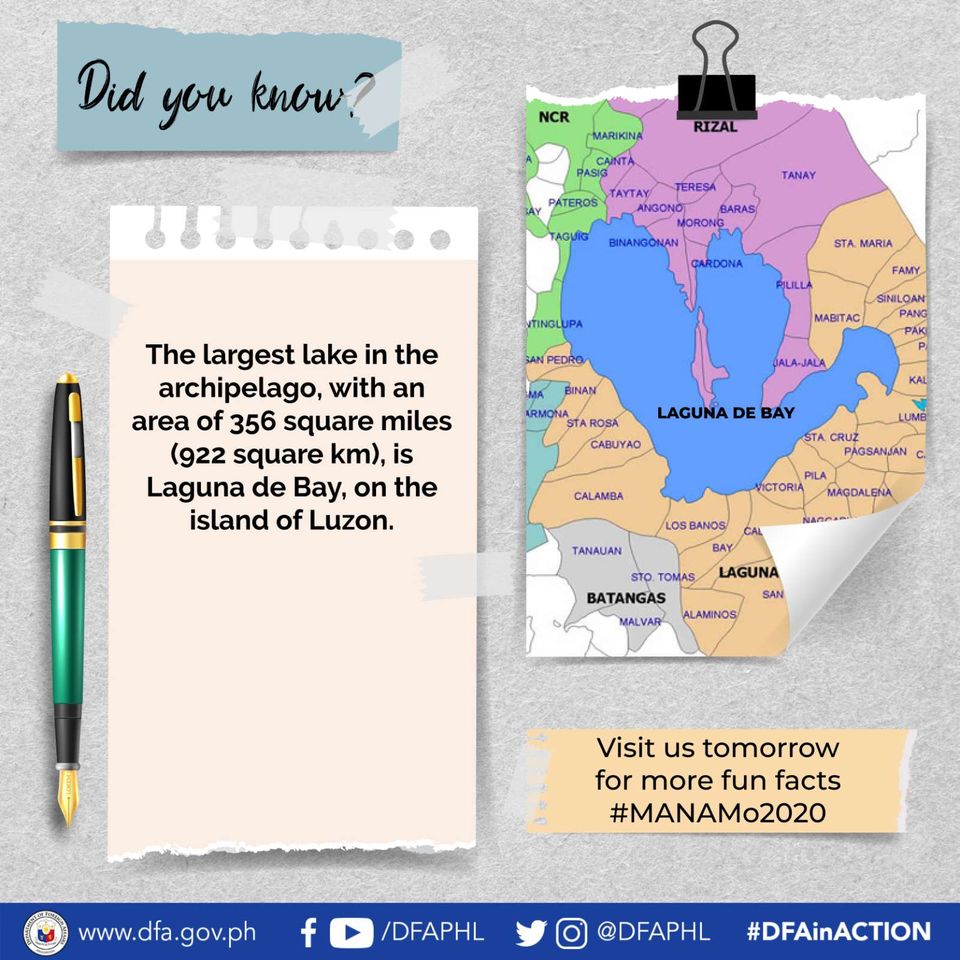
Did you know that…
Robotics engineers are developing equipment to help doctors operate in tight spaces in the body using minimally invasive surgical techniques. One innovation in this field is inspired by the highly flexible arm, or tentacle, of the octopus.
